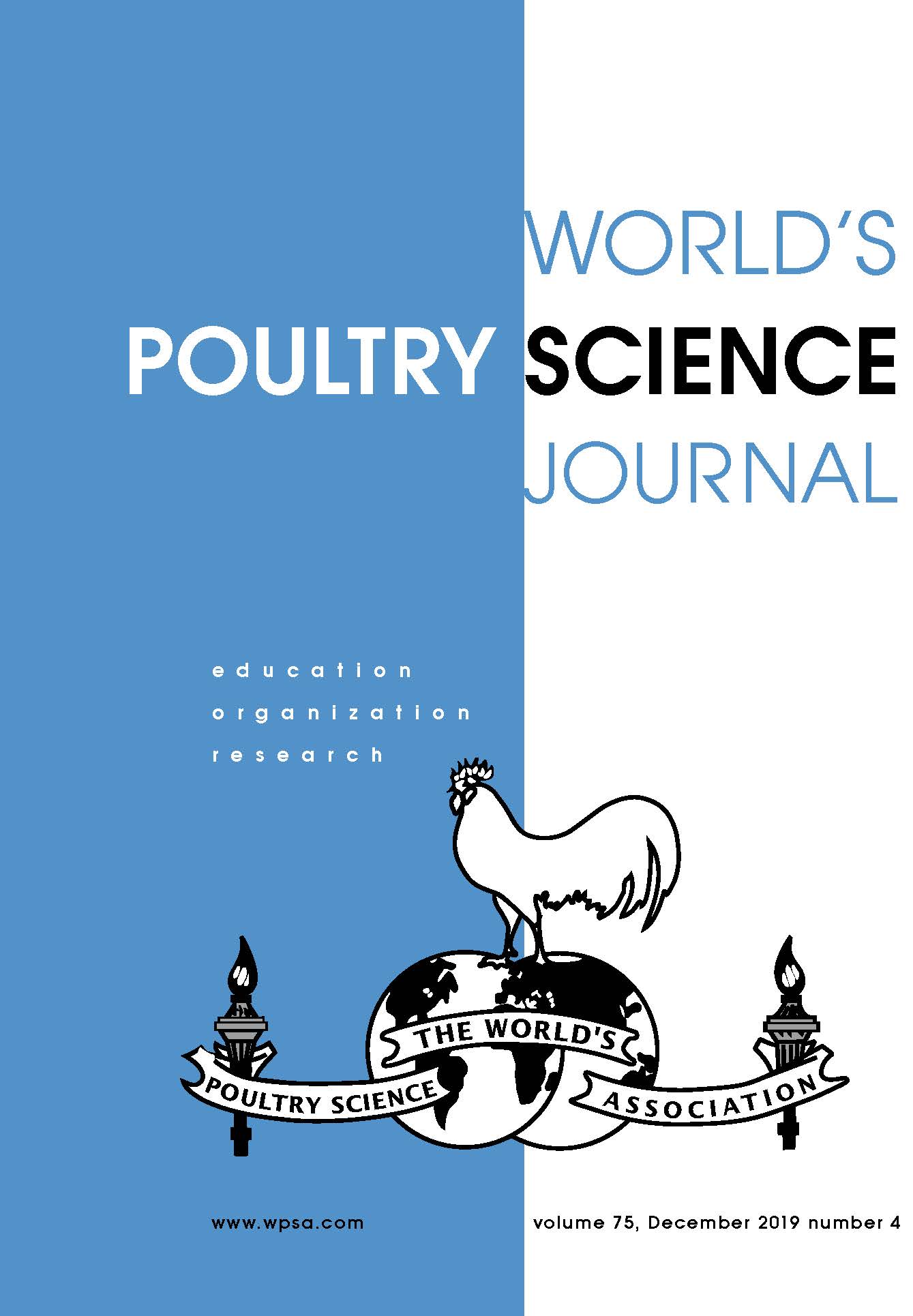No CrossRef data available.
Article contents
Whole grain in turkey nutrition. Part 1: Gastrointestinal development and function
Published online by Cambridge University Press: 31 August 2016
Abstract
Currently whole grain is incorporated into poultry diets to lower production costs, stimulate the development of the gizzard, prevent potentially pathogenic bacteria from entering the intestine and improve the growth rate and feed conversion of birds. The present review discusses the results of experiments performed on turkeys where whole grain (WG) or large-sized feed particles were incorporated into diets with the use of different processing methods (with pre- or post-pelleting inclusion) and in different quantities. The results of recent experiments indicated that, within the first month, gizzard weight increased significantly when the size of feed particles was increased from 380 to 806 mm, or when turkey diets were supplemented with 20% WG. In older birds, gizzard weight increased when the WG content of pelleted diets exceeded 20%. Dietary dilution with WG did not cause significant changes in the development or functionality of the small intestine, including mucosal enzyme activity. The presence of WG in the diet increased the amount of coarse particles in the digesta leaving the gizzard, which did not lower the apparent digestibility of dry matter and crude fibre or nitrogen retention. The inclusion of WG in turkey diets led to a decrease in the counts of Clostridium spp., Campylobacter and/or Escherichia coli, and an increase in the counts of Lactobacillus spp. and/or Bifidobacterium spp. in the caecal digesta. However the effect of WG inclusion in turkey diets on gut morphology has been investigated in only a few studies to date, and the results are inconclusive.
- Type
- Reviews
- Information
- Copyright
- Copyright © World's Poultry Science Association 2016


